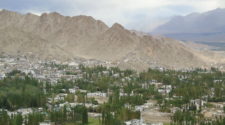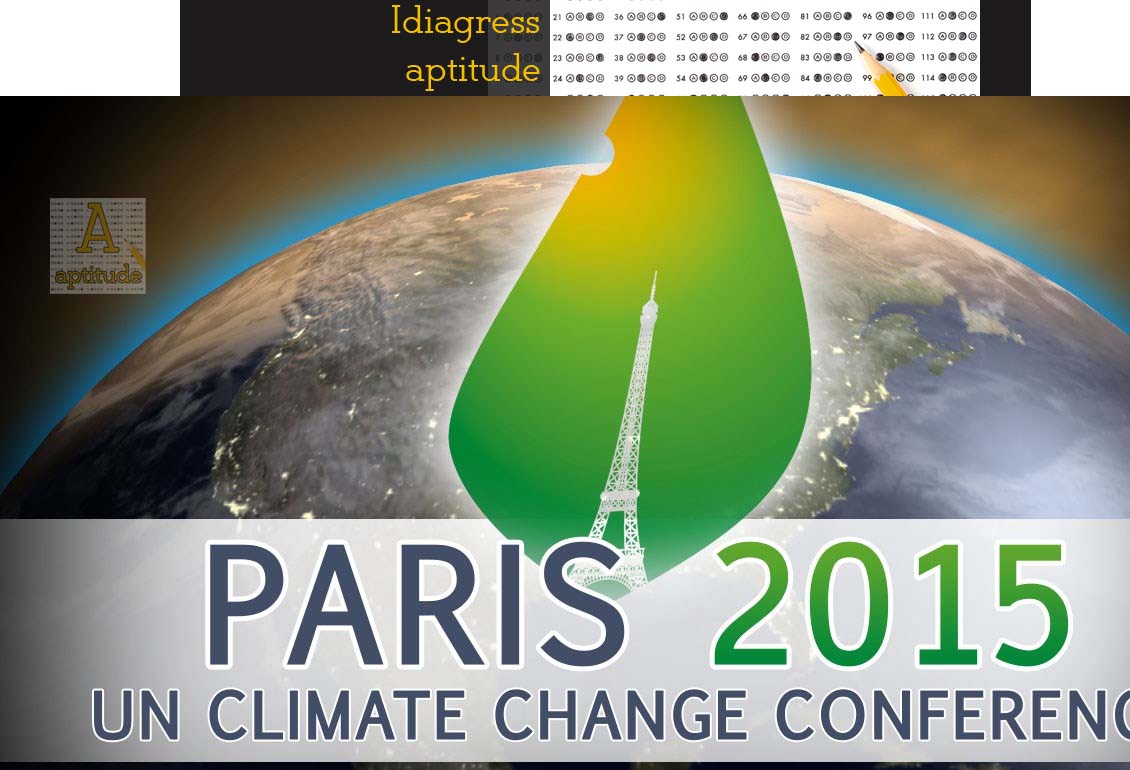But now that governments have signed up to the unambitious Paris climate agreement and pledged to try to limit greenhouse gas emissions, we must ask whether we have lost sight of everything else. Is the environment just about carbon and parts per million of gases in the atmosphere? What about the environment that we can smell, see and touch today?
For 20 years or more concerns about nuclear waste, food production, the quality of river water, the health of our soils and seas, the fate of our forests, the impact of road-building and many other important ecological issues have been steadily marginalised, starved of resources or pushed off the agenda by climate change.
Climate has become for government an excuse to build nuclear power and ditch other green policies. Money for biodiversity has been slashed, planning laws revoked, pollution and waste controls weakened and sustainable development policies rejected. Most popular and ministerial attention has been focused on energy companies and big carbon polluters, and the wider environment has visibly deteriorated. Seeing trees as sticks of carbon, air as gas, or forests as sinks is abstract, esoteric and emotionally stultifying.
Most heinous of all the sins of emissions is what has happened to our air quality since climate change climbed the political agenda 20 years ago. No government wants us to know that far more people will suffer grievous illnesses and will die from the filthy air shrouding our cities than from any warming of the atmosphere in the next 30 years. Climate change may give us a glimpse of the terrifying future we are heading towards if we don’t change our ways, but toxic air is already here, and killing us in ever greater numbers.
New estimates from the Global Burden of Disease project and the World Health Organisation state that between 5.5 and 7 million people die from air pollution every year. That’s more than die from malaria and HIV/Aids put together; more than the population of Scotland. In the next 10 years we can expect as many people to die from breathing poisonous air as were killed in the second world war.
Rather than solely trying to tackle the vast problem of climate change, we must address all the many factors which make it worse. It’s a case of looking after the green pennies and letting the green pounds take care of themselves.
Questions













No Comment